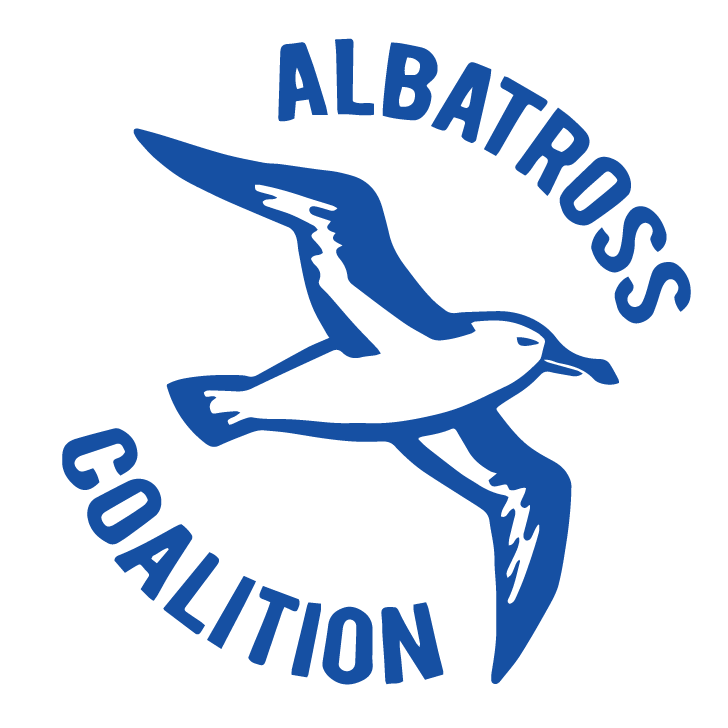Midway Atoll: Where Our Ocean Choices Meet Ancient Wings
Every 90 seconds, another albatross chick dies with a belly full of plastic. This isn’t hyperbole—it’s the devastating reality playing out on Midway Atoll, a remote Pacific island over 2,000 miles from the nearest mainland. Midway Atoll is where our bottle caps eclipse their lives.
Laysan albatrosses have been soaring these Pacific waters for millions of years. They can live over 70 years, travel thousands of miles without touching land, and return to the same nesting spot with uncanny precision. Wisdom, the world’s oldest known wild bird at 74, still returns to Midway each year to raise her chicks.
But today, these ancient mariners face a crisis unprecedented in their evolutionary history. When parent albatrosses skim the ocean surface for food, they increasingly encounter floating plastic debris that looks and smells like their natural prey.
The numbers paint a stark picture. Scientists found plastic in 98% of Laysan albatross chicks on Midway Atoll. An estimated 5 tons of plastic are fed to albatross chicks each year at this single location. Each dead chick found contains an average of twice the plastic load that living chicks can survive with.
The plastic isn’t just taking up space. It’s actively poisoning them. Recent studies show albatross chicks with plastic in their stomachs have six times more toxic trace elements like lead in their systems than what’s considered safe.
Much of the plastic killing these chicks originated thousands of miles away, in our communities. Bottle caps, cigarette lighters, toys, and countless fragments wash down storm drains, travel through rivers, and eventually reach the Pacific. Ocean currents concentrate this debris in the areas where albatrosses feed.
The tragic irony is that these birds mistake our discarded plastic for the natural foods they’ve successfully hunted for millions of years. Marine plastic becomes coated with algae and plankton, giving it the smell and appearance of fresh food to a bird whose survival depends on its keen senses.
The story of Midway Atoll isn’t just about loss. It’s about the power of collective action. When we choose reusable alternatives, support legislation for connected bottle caps, and make our voices heard in policy discussions, we directly impact what these birds encounter in the Pacific.
Every piece of plastic we prevent from entering the ocean is one less threat to the next generation of albatross chicks. Our choices today determine whether ancient mariners like Wisdom will have descendants soaring these waters in another 70 years.
